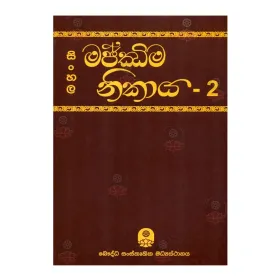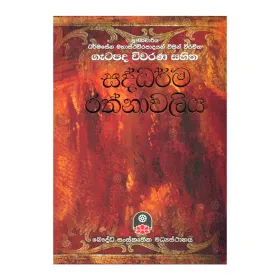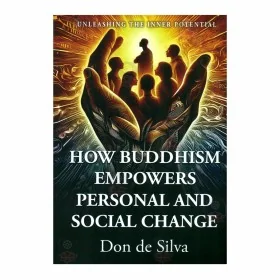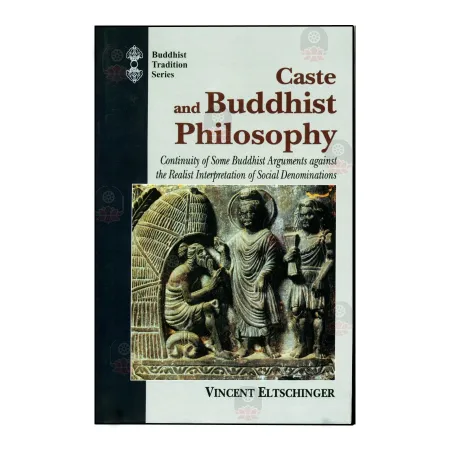Tripitaka - 57 Complete Set of Books
Caste And Buddhist Philosophy
Caste And Buddhist Philosophy - From the sixth to the eighth century CE, the Buddhist philosophers paid considerable attention to the issue of the caste-classes. Far from seeking to reform the non-Buddhist social environment, they endeavoured to undermine theoretical attempts at "naturalizing" the social statuses, especially Kumarila's doctrine of the perceptibility of jati. Significant parts of their critique is strongly indebted to earlier, mainly canonical arguments shaped in order to neutralize the Brahmins' pride in caste. But closer scrutiny also reveals the innovations that were made possible by the renewal of Buddhist semantics around the so-called apoha ("exclusion") theory. Eltschinger's study presents the gist of the early Buddhist arguments, the modalities of their appropriation by later philosophers as well as the new developments induced by the epistemologists.
Terms and conditions of use
Caste And Buddhist Philosophy - From the sixth to the eighth century CE, the Buddhist philosophers paid considerable attention to the issue of the caste-classes. Far from seeking to reform the non-Buddhist social environment, they endeavoured to undermine theoretical attempts at "naturalizing" the social statuses, especially Kumarila's doctrine of the perceptibility of jati. Significant parts of their critique is strongly indebted to earlier, mainly canonical arguments shaped in order to neutralize the Brahmins' pride in caste. But closer scrutiny also reveals the innovations that were made possible by the renewal of Buddhist semantics around the so-called apoha ("exclusion") theory. Eltschinger's study presents the gist of the early Buddhist arguments, the modalities of their appropriation by later philosophers as well as the new developments induced by the epistemologists.
Publisher : Caste And Buddhist Philosophy
ISBN : 9788120835597
Pages : 235
Weight : 550 g
Binding : Hard Binding
Name : Caste And Buddhist Philosophy
- Language
- English
- Publisher
- Motilal Banarsidass Publishers
- Author
- Vincent Eltschinger
Shipping
The customer must choose from the following mail services that the BCC provides in the online purchase form:
- DHL
- Aramex
- AirMail
- Sri Lanka Post (Domestic)
Upon receipt of confirmation of payment, the Buddhist Cultural Center will release purchased books to the mail service selected by the customer in the online purchase form. The BCC hereby exempts itself from any and all responsibilities pertaining to the shipment or postage of goods. The time taken for delivery, and quality of service, will depend on the express mail service or shipping service selected by the customer in the online purchase form.
Returns Policy
In the case of returns, a formal complaint must be lodged (in writing) within 14 days of the purchase. The return of purchased items is only acceptable under the following circumstances:
- Manufacturing defects in items such as audio or video cassettes, CDs and DVDs.
- Printing or binding defects in printed material
- The shipment of an item that was not ordered, or the failure to ship an ordered item.
The Buddhist Cultural Center will bear no expense for postage of formal complaints, or returned items. The Buddhist Cultural Center is exempt from any and all liability pertaining to manufacturing defects if foul play is suspected or discovered.
Refund Policy
The BCC will consider a refund on a purchased item only if said item becomes unavailable after purchase. A request for a refund must be made within 2 days of the transaction. The average period of time taken for a refund can range between 14 and 21 days.
We have embarked on a programme of donating books to libraries in the island and Buddhist monastic institutions, as well as to the children who are unable to afford to purchase them. You too can participate in this act of great merit.
















feedback Report comment